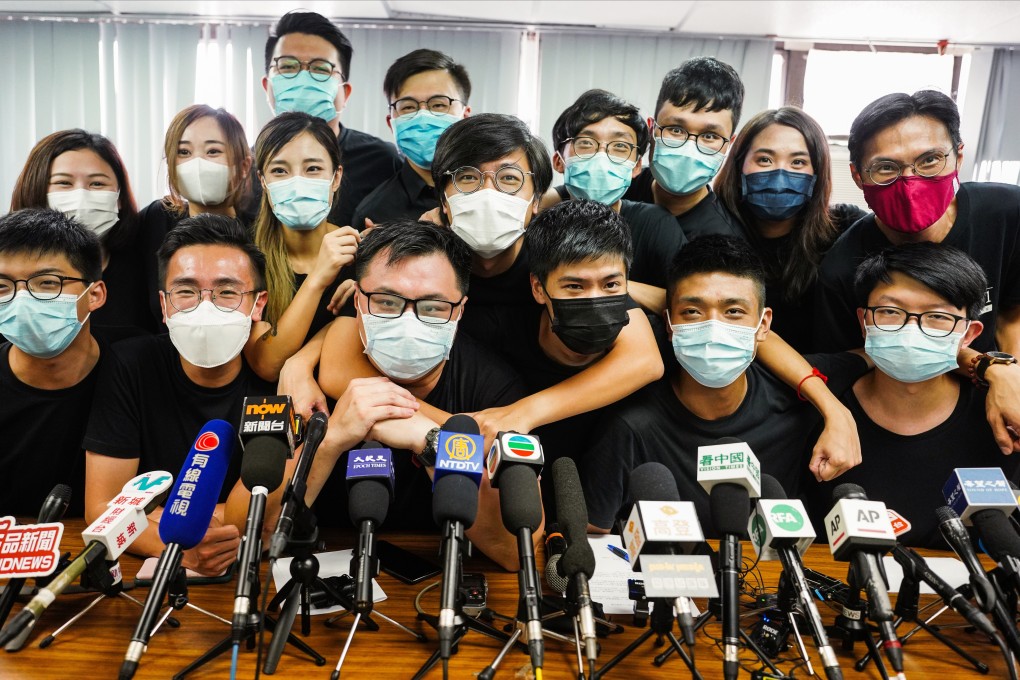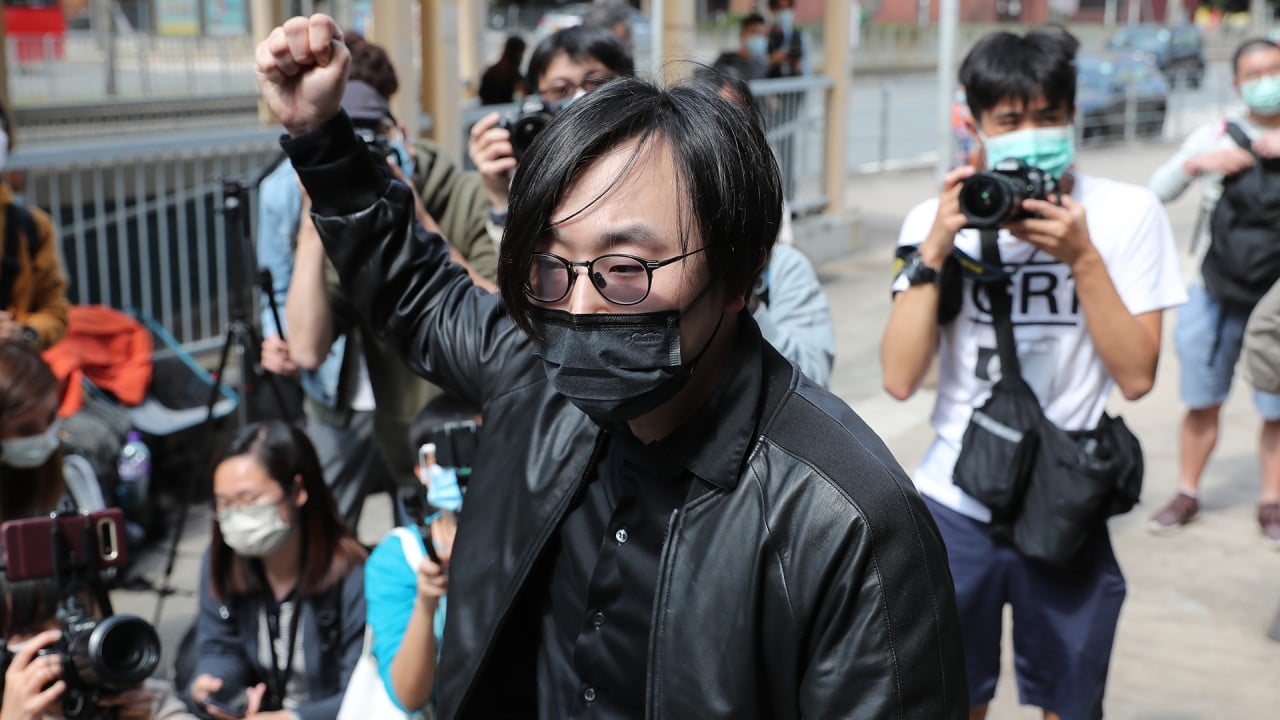Explainer | Why have Hong Kong’s opposition figures been charged with subversion and does the camp now face total wipeout?
- On Sunday, 47 opposition figures were charged with conspiring to subvert state power
- Prosecutors say their election strategy of attempting to win a majority in the Legislative Council was part of a plot to overthrow the government

Here are the key details of the largest prosecution mounted under the security legislation.

06:05
47 Hong Kong opposition activists charged with subversion under national security law
What are opposition activists accused of?
It was not the first time the opposition in Hong Kong held internal primaries to shortlist their best candidates to compete in official elections. There were at least two run-off polls for the 2007 Legislative Council by-election in the Hong Kong Island constituency, and the 2012 chief executive polls.
But the 2020 primary drew an unprecedented scale of attention – and also attacks from the authorities – because of the opposition’s ambitious “35-plus” plan: to win a majority in the legislature riding on the anti-government sentiment triggered by the protests against the now-withdrawn extradition bill the year before.
Benny Tai Yiu-ting, a legal academic and leading opposition figure, who first drafted the strategy last March, said at the time that a majority would give the camp a “massive constitutional weapon” to press the government to address their demands by vetoing the budget.
